First published 2016
by Routledge
2 Park Square, Milton Park, Abingdon, Oxon, OX14 4RN
and by Routledge
711 Third Avenue, New York, NY 10017
Routledge is an imprint of the Taylor & Francis Group, an informa business
2016 Jamie Grace
The right of Jamie Grace to be identified as author of this work has been asserted by him in accordance with sections 77 and 78 of the Copyright, Designs and Patents Act 1988.
All rights reserved. No part of this book may be reprinted or reproduced or utilised in any form or by any electronic, mechanical, or other means, now known or hereafter invented, including photocopying and recording, or in any information storage or retrieval system, without permission in writing from the publishers.
Trademark notice: Product or corporate names may be trademarks or registered trademarks, and are used only for identification and explanation without intent to infringe.
British Library Cataloguing in Publication Data
A catalogue record for this book is available from the British Library
Library of Congress Cataloging-in-Publication Data
Grace, Jamie, author.
Key facts key cases : constitutional & administrative law.
pages cm. (Key facts key cases)
1. Constitutional lawEuropean Union countries.
2. Administrative lawEuropean Union countries. 3. European
Union countriesPolitics and government. I. Title. II. Title:
Constitutional & administrative law. III. Title: Constitutional and
administrative law.
KJE4445.G73 2016
342.4dc23
2015021327
ISBN: 978-0-415-83323-3 (pbk)
ISBN: 978-1-315-76198-5 (ebk)
Typeset in Goudy
by Apex CoVantage, LLC

This new series of Key Facts Key Cases is built on the two well-known series, Key Facts and Key Cases . Each title in the Key Facts series now incorporates a Key Cases section at the end of most chapters, which is designed to give a clear understanding of important cases. This is useful when studying a new topic and invaluable as a revision aid. Each case is broken down into a straightforward factual context, and the key principle that was used to decide the case, or which emerges as a result of the decision in the case. These elements of each Key Case summary are:
 Key Facts
Key Facts Key Law
Key Law
Many case summaries in the Key Cases sections in this book are brought to life with some pertinent quotations from the judges who decided the case, or some key commentary that puts the decision in the case into a particular context. Sometimes a second, crucial case which highlights the point of law concerned is linked to at the end of the overview of a case. These elements of each Key Case summary will be highlighted as:
 Key Judgment
Key Judgment Key Comment
Key Comment Key Link
Key Link
My approach has been to feature the most prominent, newer case law from the European Court of Human Rights, and the UK Supreme Court, so that the most vital-to-appreciate issues across the UK legal system, in the field of Constitutional and Administrative Law, are addressed in this edition of the book. In addition to a focus on the most vital case law to understand, Key Facts Key Cases Constitutional & Administrative Law also supplies readers with an up-to-date commentary on the key political and constitutional issues that are developing today, mainly in relation to devolution, human rights law and EU membership .
This book has a newer structure featuring distinct chapters on the incorporation of international law in the UK constitution , and issues of devolution and potential independence, as well as crucial human rights law developments . This new structure is something that should mean that the book is as useful as possible for students approaching any one of the wide variety of curricula one might encounter.
This book is, in effect, a text which covers large bodies of UK public law, and as a result is equally balanced in the way it approaches both constitutional law, and administrative law. As such, the book is broken down into two parts: , a series of chapters on public law in practice (meaning a heavy focus on the principles, procedures and particularly the grounds of judicial review).
The law stated in this book is as I believe it to be on 26 May 2015. I would like to thank my wife, Sara, for her support and patience as I worked on this book.
Jamie Grace, Sheffield, May 2015
Human rights grounds for judicial review
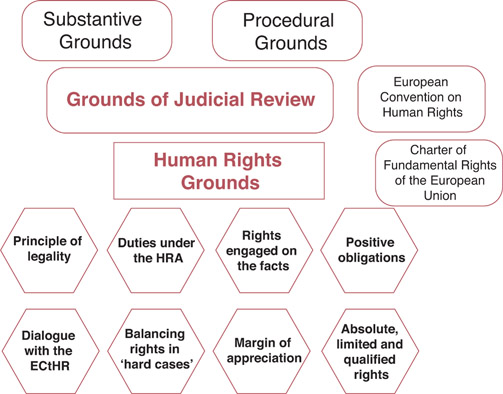
16.1.1 This chapter has a slightly different structure and style to :
- It begins with the use of ten key cases to explore the workings of human rights-based judicial review.
- It should be read in conjunction with which discusses issues of process, standing and remedies in judicial review cases.
- The later parts of this chapter focus on and explain how certain human rights-based arguments were used in recent cases involving UK public bodies or the UK Government broken down by different Articles of the ECHR.
Key human rights principles: Case 1
R v Secretary of State for the Home Department, ex parte Simms [2000] 2 AC 115
16.1.2 This case features the best exposition of the principle of legality, in the era of human rights law, which has yet been written. In the words of Lord Hoffmann (at 131):
Parliamentary sovereignty means that Parliament can, if it chooses, legislate contrary to fundamental principles of human rights. The Human Rights Act 1998 will not detract from this power. The constraints upon its exercise by Parliament are ultimately political, not legal. But the principle of legality means that Parliament must squarely confront what it is doing and accept the political cost. Fundamental rights cannot be overridden by general or ambiguous words. This is because there is too great a risk that the full implications of their unqualified meaning may have passed unnoticed in the democratic process.
Key human rights principles: Case 2
YL v Birmingham City Council [2007] UKHL 27
16.1.3 The case which still determines the test as to whether duties under human rights law apply (or not) to a private body carrying out a public function for example, the difference between arranging personal care under a statutory duty (and so human rights duties exist) or carrying out that care under a contract (where human rights duties were found not to exist).
16.1.4 The outcome of the case (in the House of Lords finding there were no human rights duties owed by a privately run care home as a care provider) caused enough political backlash to see the creation of section 145 of the Health and Social Care Act 2008 to redress the situation, at least in terms of residential social care.
Key human rights principles: Case 3
R v Horncastle and Others [2009] UKSC 14
16.1.5 At times the UK Supreme Court fronts up to the direction of a line of Strasbourg case law, and holds its own in taking a position eventually followed by the European Court of Human Rights itself. In Horncastle , the rules relating to the admission of hearsay evidence in criminal prosecutions for serious crimes, in particularly controversial circumstances (such as when a witness is too intimidated to give evidence), were deemed compatible with the right to a fair trial, as found in Article 6 ECHR.

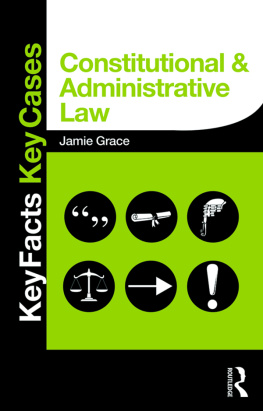

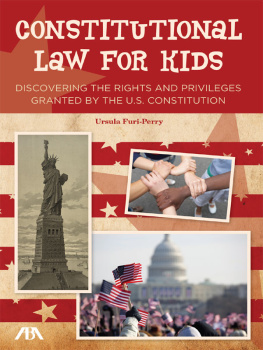

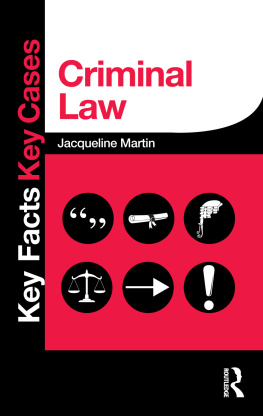
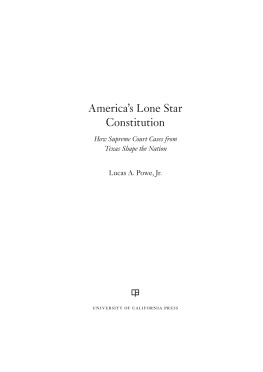

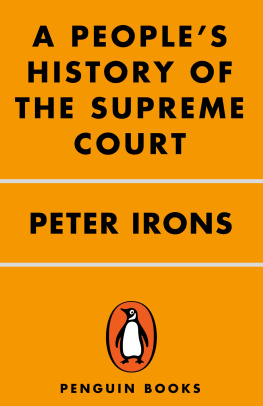

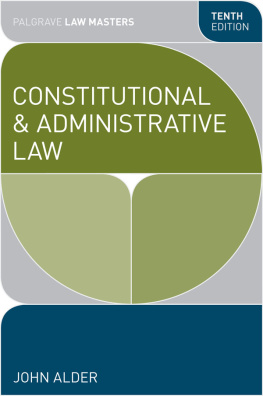
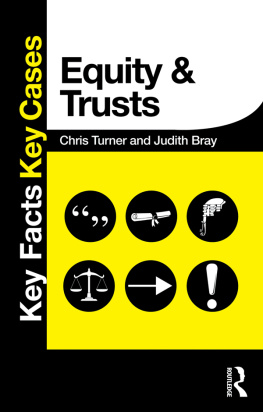
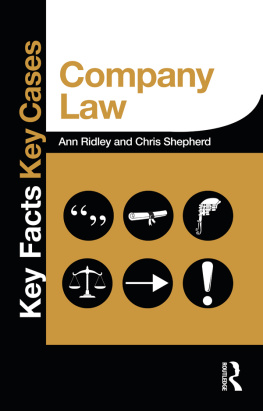
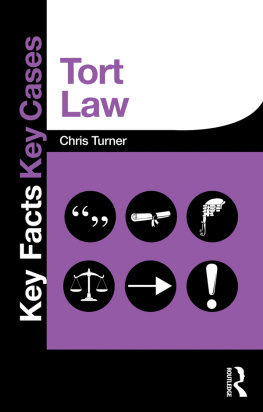

 Key Facts
Key Facts Key Law
Key Law Key Judgment
Key Judgment Key Comment
Key Comment Key Link
Key Link